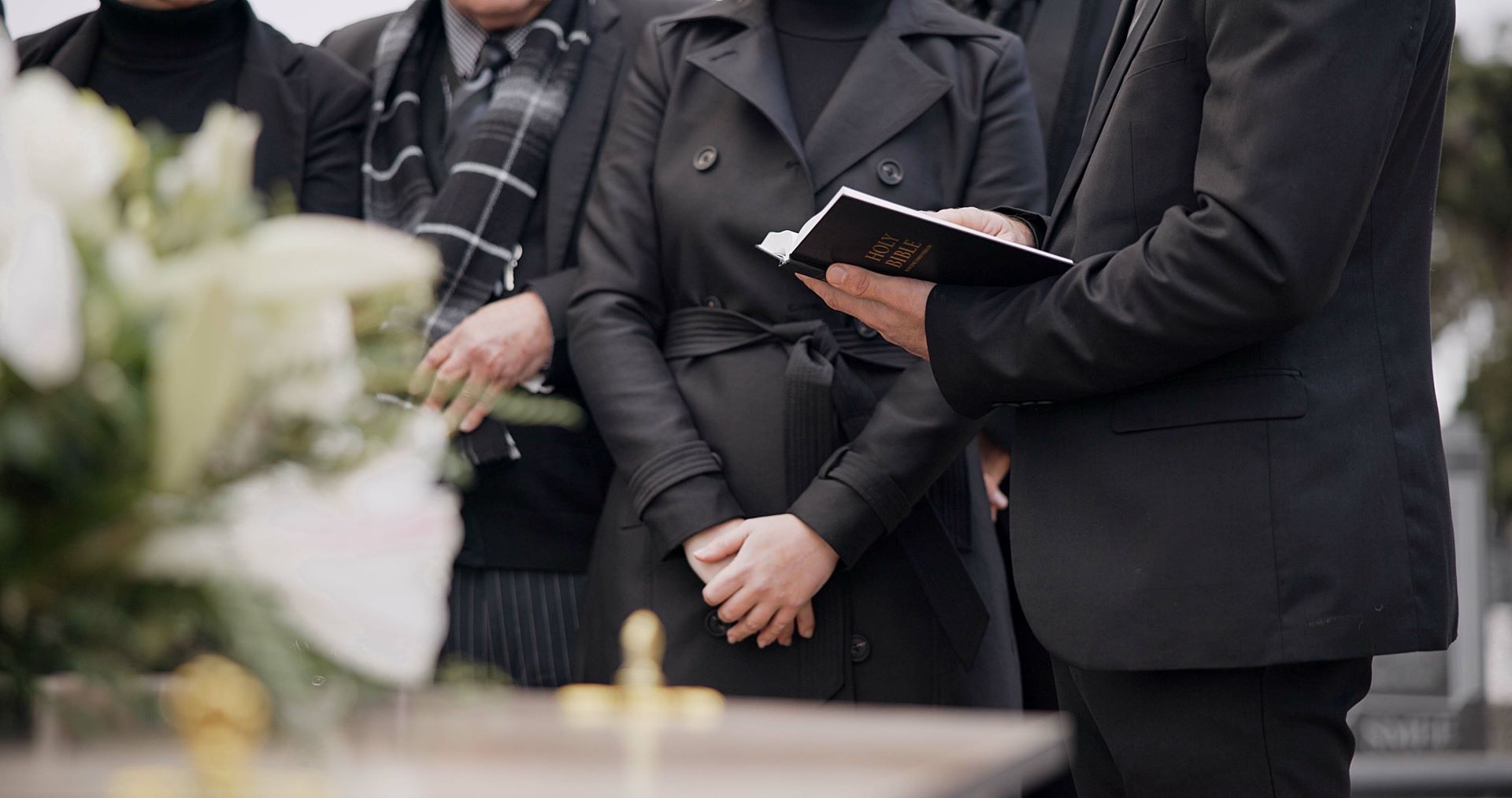WRITING A EULOGY
Writing A Eulogy
A eulogy is a speech meant to pay tribute to someone who has died, reflecting on their life and legacy. Typically shared during funeral or memorial services, it’s often delivered by someone who had a close relationship with the person being honored. You don’t have to be an experienced writer to craft a touching eulogy—what’s most important is speaking from the heart and sharing genuine memories.

Style
The tone of a eulogy is usually warm and conversational, though it can vary depending on the personalities of those involved and the nature of the gathering. Adding gentle humor can be a welcome way to ease emotions, as long as it remains appropriate and respectful. Ultimately, the tone should reflect the character and spirit of the person being remembered.
Content
A eulogy often focuses on the qualities and experiences that defined the person’s life—what made them unique and how they impacted the lives of those around them. Some people choose to speak primarily from their own perspective, while others include memories and reflections gathered from multiple family members and friends.
A good starting point is to talk with others who knew the person and collect stories or special memories. As patterns emerge—such as a strong sense of adventure, a deep kindness, or unwavering faith—you may discover a central theme to guide your writing. This can help shape your message, make transitions smoother, and give the tribute a clear direction. Once you’ve gathered your thoughts and chosen which stories to include, creating a basic outline can help you stay organized as you begin writing.
Structure
Begin by introducing yourself and describing your connection to the person who has passed. Starting with a meaningful or lighthearted story can immediately draw in the audience and offer a glimpse into who the individual truly was. From there, you can highlight key moments in their life, share memorable traits, and reflect on the legacy they leave behind.
Including a few short stories or anecdotes throughout can help the audience feel more connected and create a shared space for remembering. Toward the end, it's common to express thanks to those who supported or cared for the individual. Many people choose to close by addressing the deceased directly or sharing one of their favorite quotes, sayings, or pieces of advice.
As a general rule, aim for a eulogy that lasts around five to seven minutes. After writing a draft, read it aloud a few times to practice the delivery and make any needed changes. Asking a trusted friend or family member to listen can also help refine your message and ensure it flows naturally.


